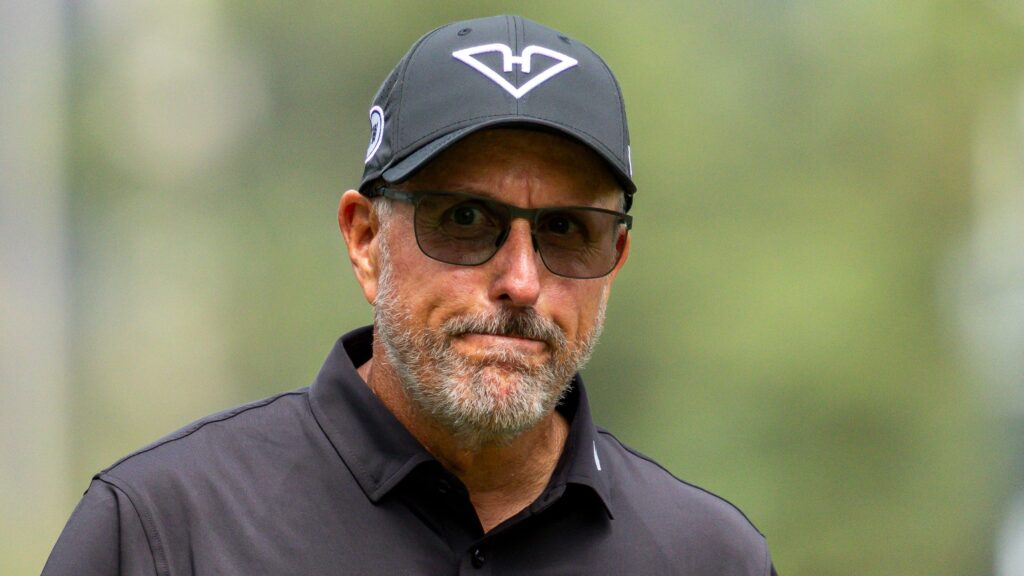The Future of Team USA in the Ryder Cup: Analyzing Captaincy Choices Following 2025’s Defeat
The Ryder Cup is one of golf’s most prestigious events, bringing together the best players from the United States and Europe in a fierce display of sport and strategy. Following the recent inquest into the US team’s shortcomings at the 2025 Ryder Cup at Bethpage Black, discussions are heating up about the future of Team USA and who might lead them to victory in 2027 at Adare Manor. With a historical context of captain failures and European triumphs, the conversation is dynamic and multi-faceted, especially around the potential leadership of golf legend Tiger Woods.
Why Tiger Woods is the Early Favorite for Captaincy
Tiger Woods is frequently touted as the front-runner to assume the role of captain for the upcoming 2027 Ryder Cup, succeeding Keegan Bradley. Having long represented golf, Woods encapsulates the passion and dedication necessary to reestablish dominance for Team USA. However, the question remains: can he translate his individual success into effective team leadership? Though Woods has succeeded on individual stages, leading a team requires a different skill set.
Analyzing Expert Opinions on Leadership
Kyle Porter from Normal Sports has raised concerns about Woods’ potential effectiveness as captain. He stated on social media, “Europe’s excellence seems to emanate from a trust built by establishing relational equity and world-class communication at every turn. Who can we get to build our version of that? I don’t think ‘Tiger Woods’ is the answer.” This calls into question not just Woods’ capabilities but whether the US can craft a strategy that mirrors Europe’s cohesive unit.
Phil Mickelson’s Unique Perspective
Phil Mickelson, another veteran of the Ryder Cup and a competitor on the LIV Golf Tour, provides an intriguing twist to the conversation. Having participated in twelve Ryder Cups, he suggests that perhaps the next captain should emerge from outside traditional golf backgrounds. Mickelson points to figures like Mike Krzyzewski (“Coach K”) and Lou Holtz, successful coaches from basketball and football respectively. He argues that these individuals possess the tools to foster teamwork and strategy that might be lacking in the traditional golf mindset.
Lessons from the European Team Model
One of Mickelson’s notable points is the need for a captain who can implement long-term planning, something he believes European teams have effectively achieved. While Team Europe has benefitted from the continuity of leadership under Luke Donald, Team USA has failed to replicate this success. Historically, no US captain has led the team more than once since Ben Hogan’s dual reign in the late 1940s. This lack of continuity raises questions about team dynamics and preparedness for future competitions.
The Value of Non-Golf Experience in Leadership
Mickelson suggests that a leader from other sports could bring a much-needed perspective to the US team. He states, “Golf is an individual sport that doesn’t have teamwork, support systems, partnership, team analytics, personality traits, and more.” By considering leadership options outside of competitive golf, the US could break away from traditional thinking and embrace a broader strategy that encourages collaboration among players.
The Challenge of Maintaining Structural Integrity
As Mickelson aptly noted, introducing a new coaching mindset could result in a wasted opportunity if the US system simply discards what has been developed. “If a Coach K or Lou Holtz or someone similar took over, would it be built upon or would it be scrapped?” he questioned. This is a pivotal consideration for future captains: the ability to cultivate a lasting strategy that reflects both continuity and innovation.
The Current State of Team USA:A Historical Perspective
The recent defeat at Bethpage Black was not just a loss; it underscored a pattern of European dominance in the Ryder Cup. Since the year 2000, Team Europe has claimed victory nine times, while Team USA has managed just three wins. This historical context places immense pressure on the next captain to reverse the trend and rekindle American pride in this storied competition.
The Demand for Stability
It’s clear that the US team, unlike its European counterpart, lacks stability in leadership. As Team Europe jubilantly chanted “Two more years” for Donald—indicating their desire for him to continue—Team USA remains in a state of flux, continually restructuring its leadership approach. Stability in captaincy can significantly impact team performance, as it allows for the establishment of trust and unity over time.
Looking Ahead to 2027: Who Will Lead Team USA?
As the conversation unfolds regarding the leadership figure for the next Ryder Cup, the golf community is watching closely. Whether it is Woods, an external candidate like Coach K, or another unexpected name, the need for strategic vision and effective communication is paramount. The next captain will not only guide the team but will also have the chance to restore confidence in American golf.
Summary: The Road to Redemption for Team USA
The timeline leading up to the 2027 Ryder Cup will be critical for Team USA. Understanding the blend of individual talent, proper leadership, and a cohesive strategy will play a pivotal role in determining the outcome. As fans and analysts debate the merits of various candidates, one thing is clear—the path to redemption for Team USA will take careful planning, innovative thinking, and perhaps most importantly, a trusted leader at the helm. The coming years will ultimately reveal how Team USA initiates change and grows from the lessons learned.


